Problem-Solving Skills Alphabet Worksheets for Ages 6-7
7 filtered results
-
From - To
Discover our engaging Problem-Solving Skills Alphabet Worksheets for kids aged 6-7, designed to ignite critical thinking and boost cognitive development! These worksheets combine letter recognition with essential problem-solving challenges, fostering creativity and analytical skills in a fun and interactive way. Each activity guides young learners to explore letters through puzzles, games, and real-world problem scenarios. Perfect for parents and educators, our resources make learning enjoyable while building a strong foundation in literacy and critical thinking. Transform your child's learning journey and equip them with the necessary tools to tackle everyday challenges using our thoughtfully crafted worksheets! Start exploring today!
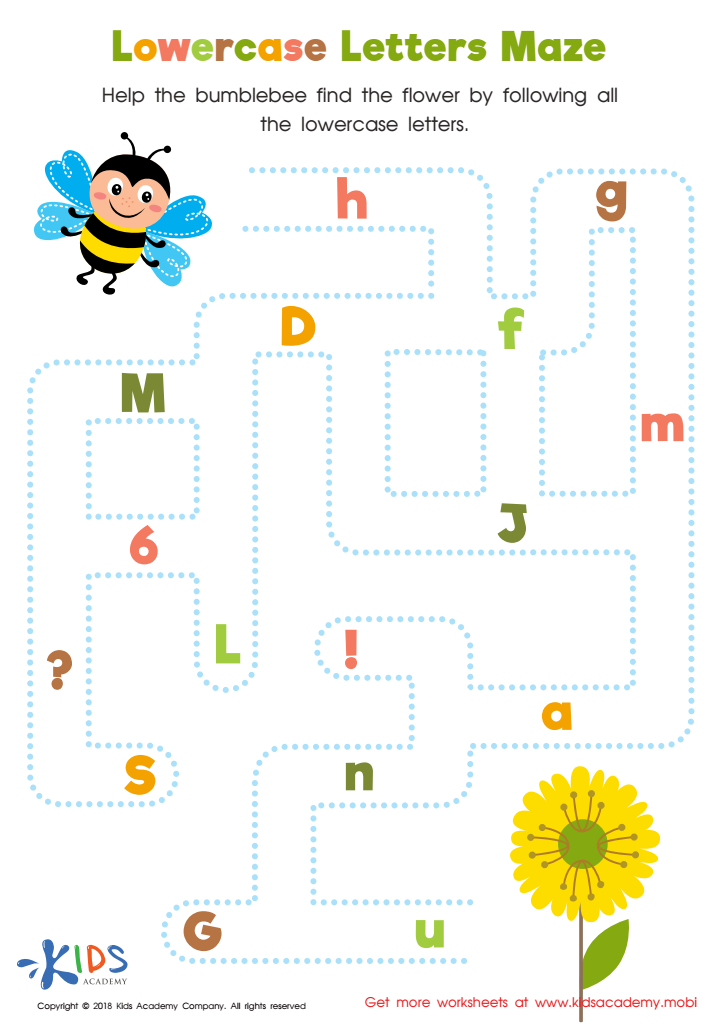

Lowercase Letters Maze Worksheet
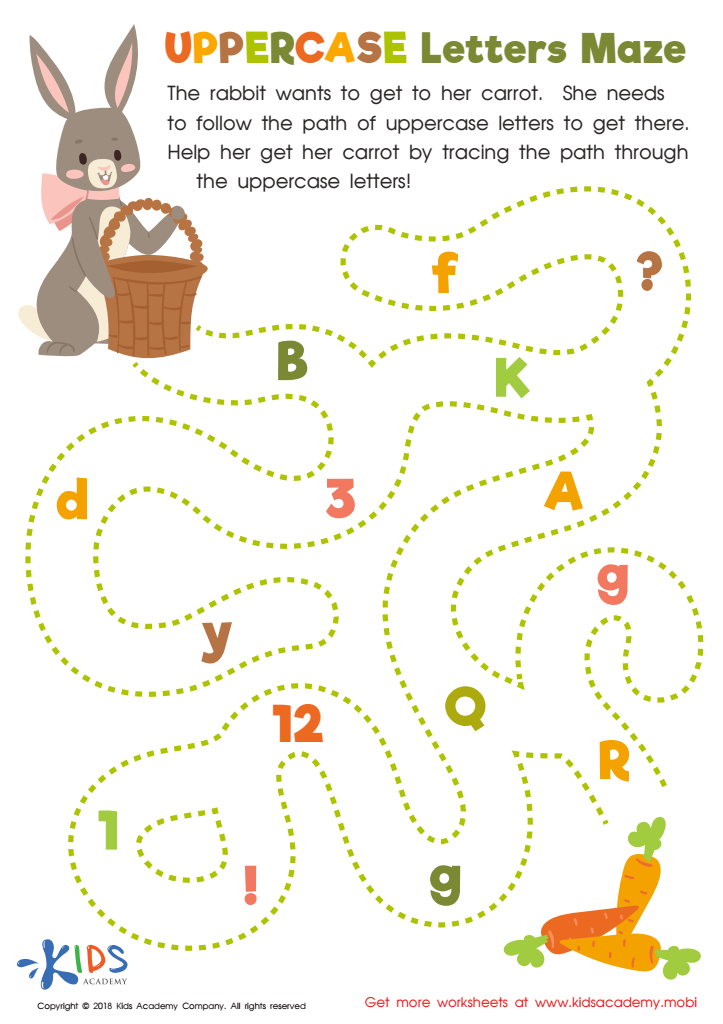

Uppercase Letters Maze Worksheet
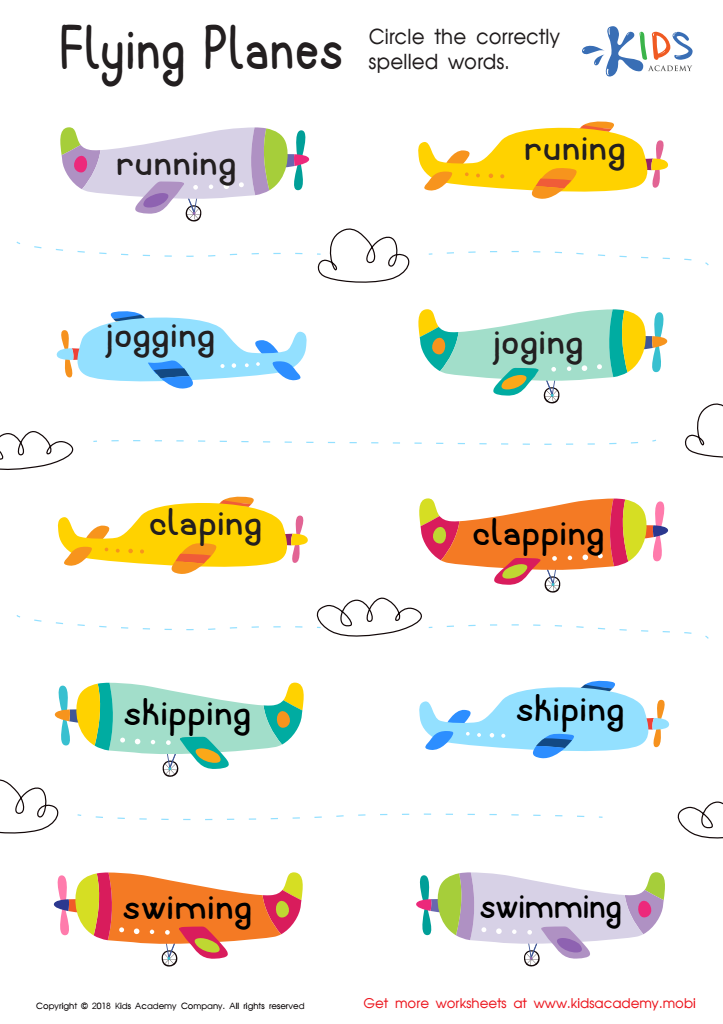

Flying Planes Worksheet
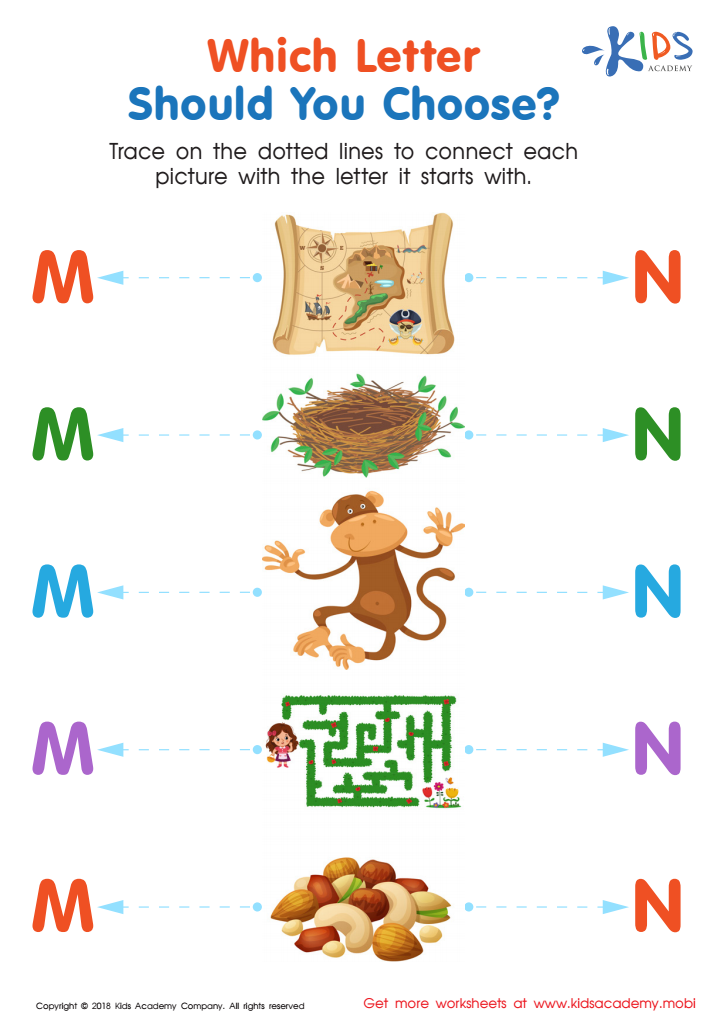

Which Letter Should you Choose? Worksheet


Long Vowel Maze /o/ and /i/ Worksheet
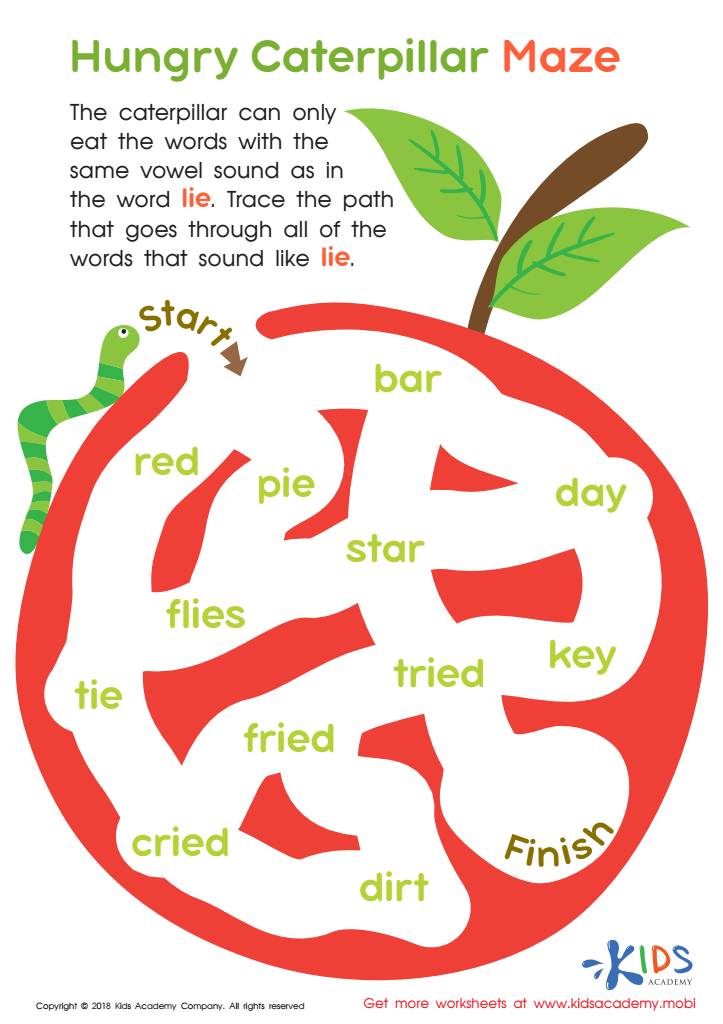

Hungry Caterpillar Maze Worksheet
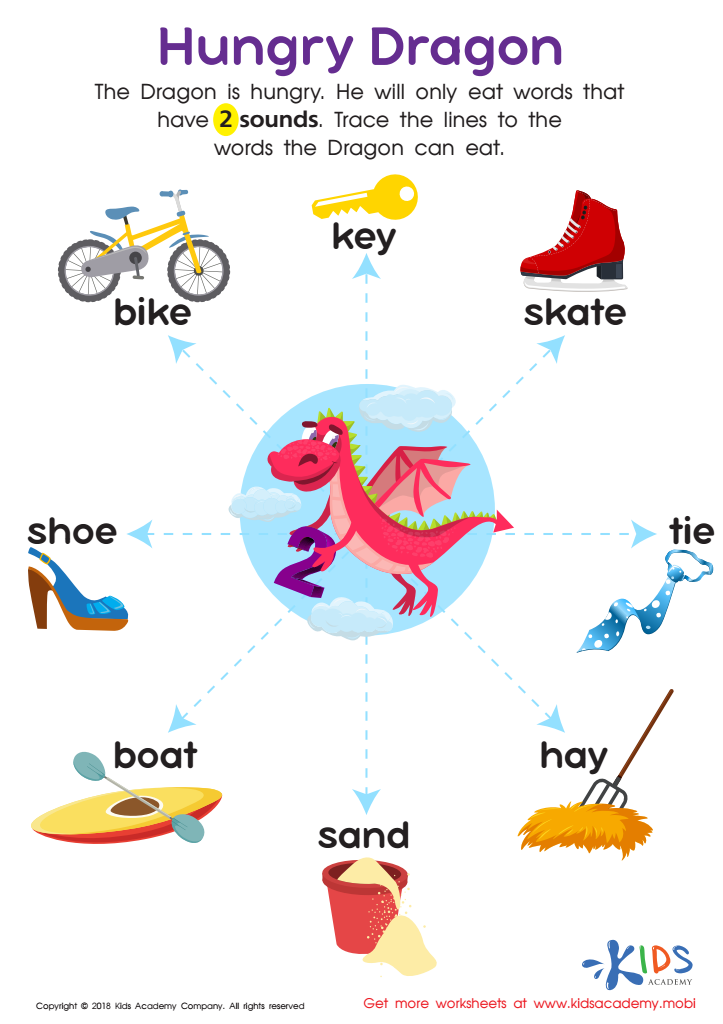

Hungry Dragon Worksheet
The Problem-Solving Skills Alphabet for Ages 6-7 serves as a crucial framework for enhancing critical thinking in young learners. Parents and teachers should prioritize this skill set because it lays the foundation for academic success and life skills. At this age, children are naturally curious and eager to explore, making it the perfect time to introduce structured problem-solving approaches.
Understanding problem-solving through an alphabetic framework helps to categorize skills—such as Asking questions (A), Building strategies (B), or Evaluating results (E)—which fosters a structured learning process that even young minds can grasp. These skills encourage children to think independently, analyze situations, and arrive at solutions, thereby boosting their self-confidence. Moreover, children learn to collaborate and communicate effectively while working through solutions.
Additionally, strong problem-solving abilities are not just academic; they are essential for everyday life, from resolving disputes with friends to planning activities. As the world becomes increasingly complex, equipping children with these skills early on prepares them for future challenges. Investing time in developing problem-solving skills enables parents and teachers to cultivate independent, resilient learners who can navigate obstacles more effectively as they grow.
 Assign to My Students
Assign to My Students



















